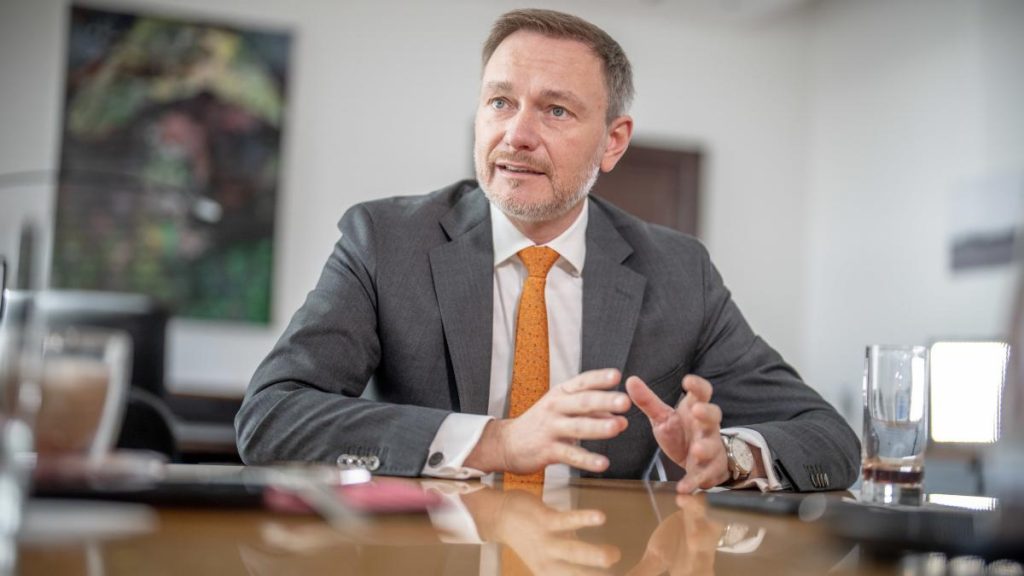In the debate over reinstating mandatory military service in the Bundeswehr or in civilian organizations, the Free Democratic Party (FDP) is advocating for volunteerism. Rather than mandatory military service, FDP leader Christian Lindner believes that service as a reservist should be made more attractive. Lindner, who is also the Minister of Finance, opposes the reintroduction of compulsory national service to strengthen the Bundeswehr. He argues that the economic costs of a universal service obligation would be high given the shortage of labor in an aging society. Lindner also expressed skepticism over the practice of examining entire cohorts for military service, only to not actually conscript them. Instead, he calls for a strengthened military reserve for the Bundeswehr.
Defense Minister Boris Pistorius is currently examining models of national service and has looked to Scandinavian countries for inspiration. In Sweden, entire cohorts are registered and contacted, and then a selection of individuals undergo initial examination and testing for service, known as conscription. However, only a portion of this group ultimately serve in the military. Lindner believes that a reinforced reserve is a better alternative to the debated return of mandatory military service. He proposes that citizens should be able to voluntarily commit to regular service for the Bundeswehr alongside their civilian jobs for an extended period. This approach would also help attract experts, such as those in cyber defense, who may be difficult to recruit. Lindner emphasizes that a strengthened reserve should be made appealing through acquiring qualifications, such that employers would support such engagement.
The suspension of national service in Germany in July 2011, after 55 years, was led by then-Defense Minister Karl-Theodor zu Guttenberg of the Christian Social Union (CSU). This effectively abolished both military and civilian service. At the same time, most structures necessary for national service were dismantled. However, it is legally stipulated that national service for men can be reinstated in times of tension or defense. Lindner’s stance against compulsory military service aligns with the broader perspective of moving towards a more robust military reserve system rather than a return to mass conscription. The emphasis is on voluntary commitment, professionalization, and engagement of skilled experts in fields critical to national defense, such as cybersecurity.
The debate surrounding the revival of national service in Germany reflects broader discussions on the role of the military and civilian engagement in society. While some argue that national service can instill discipline and civic values, others question the practicality and economic implications of mandatory service. Lindner’s advocacy for a strengthened reserve highlights the importance of flexibility and adaptability in military structures, especially in the face of evolving security threats in the digital age. This approach also underscores the need to attract a diverse range of talents and skills to effectively address complex challenges in the defense sector.
As Defense Minister Pistorius explores potential models for national service, the differing viewpoints within the political spectrum underscore the complexity of the issue. While the Social Democratic Party (SPD) government examines options such as conscription, the FDP’s emphasis on voluntary engagement and a reinforced reserve presents an alternative vision for bolstering national defense capabilities. The outcome of this debate will not only shape the future of the Bundeswehr but also reflect broader discussions on citizenship, defense policy, and the role of the military in contemporary society. Lindner’s critique of mandatory national service resonates with concerns about labor shortages, economic costs, and the need for a more agile defense strategy in a rapidly changing global environment.


